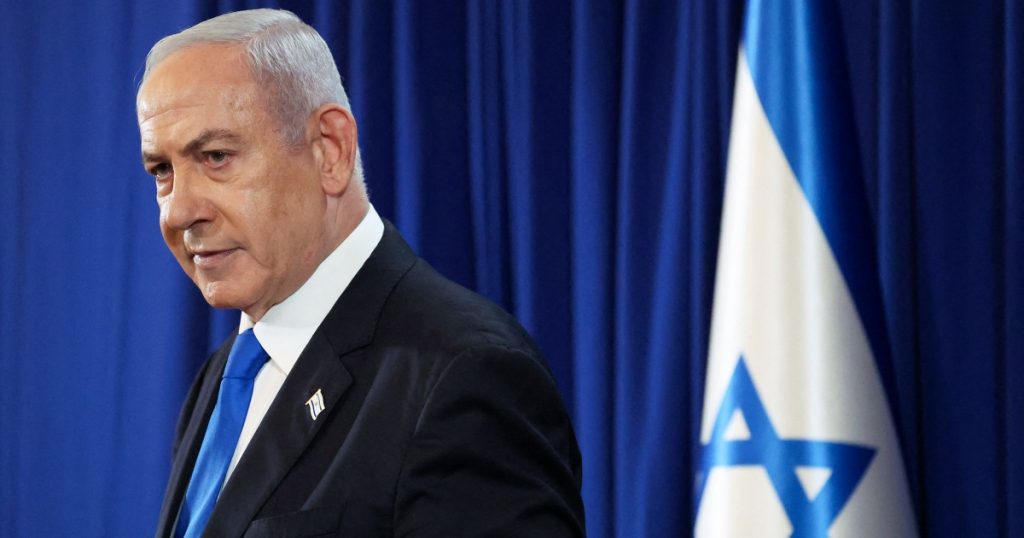Israeli Prime Minister Benjamin Netanyahu introduced new conditions that complicated negotiations aimed at freeing hostages and suspending fighting in the Gaza Strip in May. The Israeli government documents outlined Netanyahu’s additional stipulations, including maintaining control of Gaza’s southern border with Egypt and imposing more restrictions on Palestinians seeking to return to their homes in the enclave. The cease-fire talks, mediated by the U.S., Qatar, and Egypt, had advanced close to an agreement before Netanyahu moved the goalposts and proposed new conditions. However, Netanyahu’s office denied reports of adding new conditions to the proposal.
A Hamas representative in Lebanon accused Netanyahu of not being interested in reaching an agreement that would end the aggression completely and instead prolonging the war and potentially expanding it at the regional level. Netanyahu has emphasized the importance of Israeli security along the Egypt-Gaza border, stating that any agreement must prevent the return of armed terrorists and weapons to the north of the Gaza Strip. Critics, including the families of hostages, have accused Netanyahu of prioritizing the demands of the far-right members of his ruling coalition over reaching a cease-fire agreement.
U.S., Western, and Middle Eastern officials noted that both Israel and Hamas have shown a reluctance to compromise and have demanded new conditions at times, making an agreement difficult to obtain. The ongoing conflict between Israel and Hamas was sparked by a terrorist attack in Israel that killed 1,200 people, with about 40,000 Palestinians dying in Gaza since Israel launched its retaliatory military operation in the enclave. Hamas has accused Israel of adding new conditions to an earlier proposal, revealing its intention to continue its aggression in Gaza and sabotage a possible cease-fire agreement.
Despite appeals from the U.S., Qatar, and Egypt for both parties to return to the negotiating table, a senior Biden administration official acknowledged that significant progress is needed before a cease-fire agreement can be reached. The talks could also be impacted by Iran’s vow to strike at Israel after the assassination of Hamas’ political leader, Ismail Haniyeh, who was leading the negotiations with Israel. The U.S. believes that what’s left to bridge in the negotiations can be achieved, but there is no time to lose, as the situation in Gaza remains precarious.
Although a planned delegation from Israel was set to participate in the negotiations, the potential for reaching a cease-fire agreement appears uncertain given the complex conditions and demands from both sides. The inability to reach a compromise could result in the continuation and escalation of the conflict, further endangering the lives of civilians on both sides. The international community continues to urge Israel and Hamas to come to the negotiating table and find a peaceful resolution to the ongoing hostilities in the Gaza Strip.













